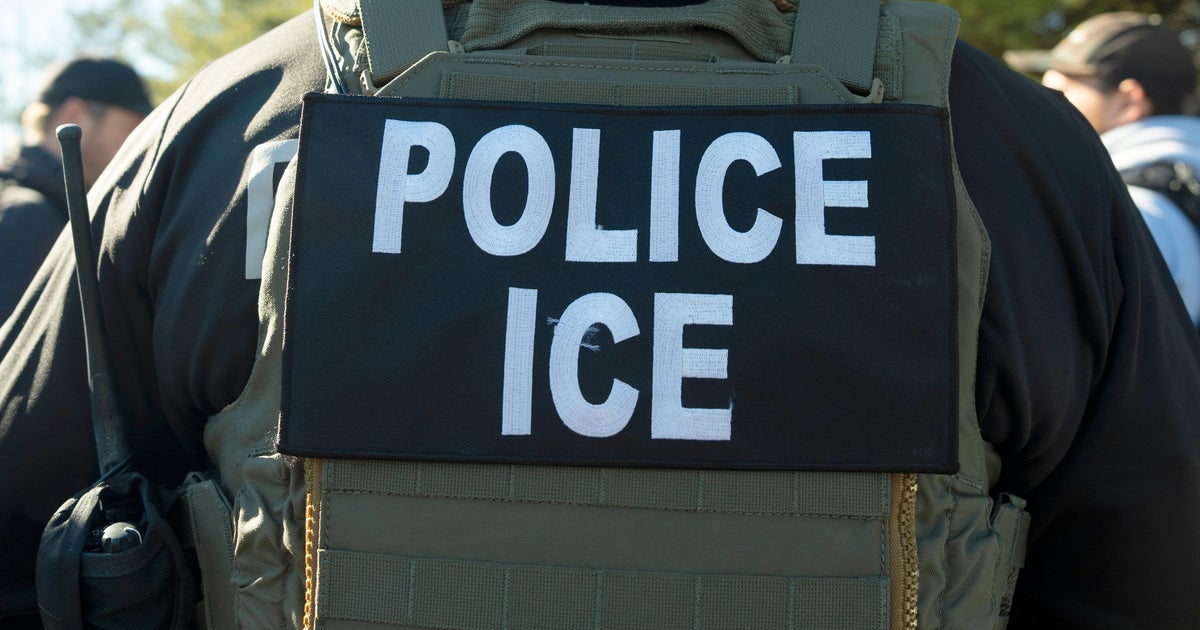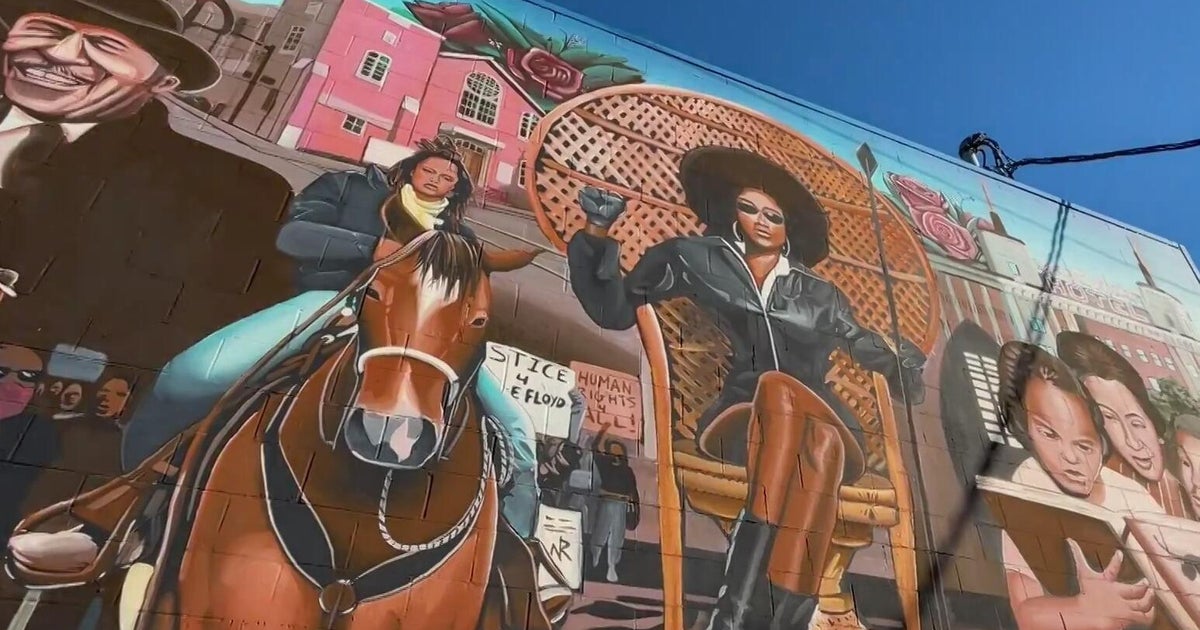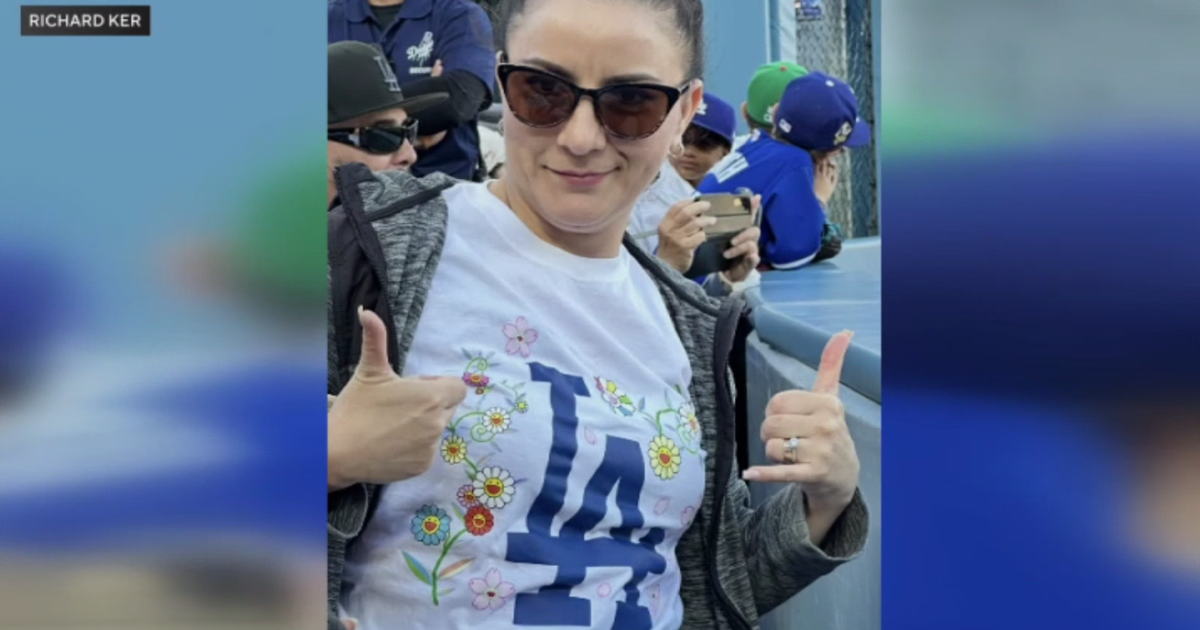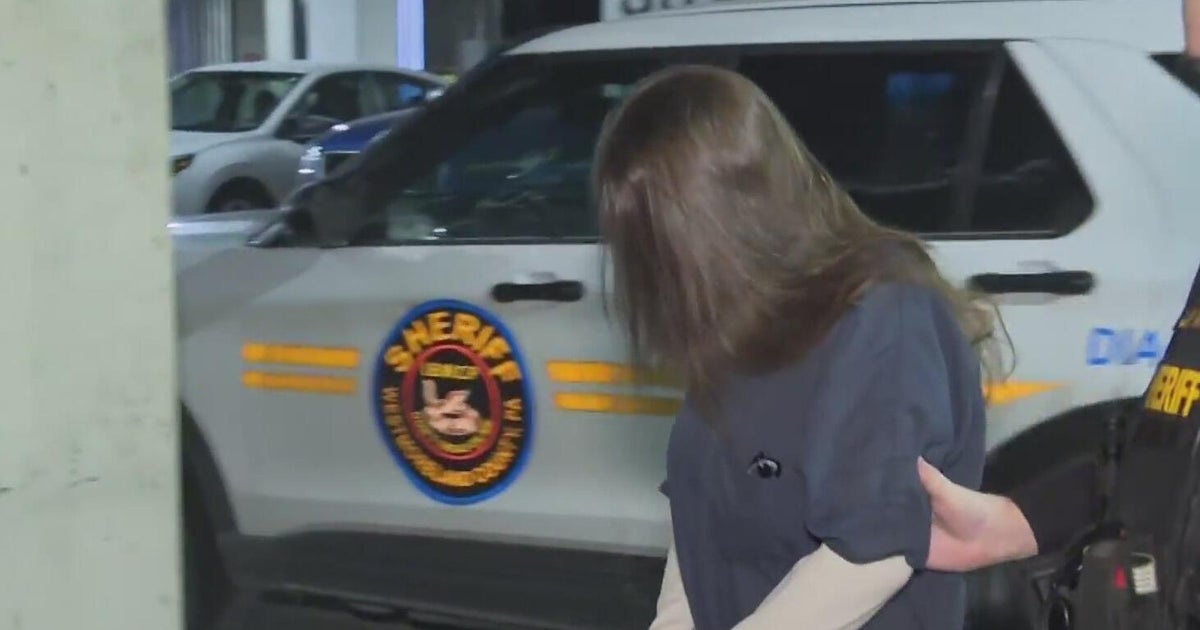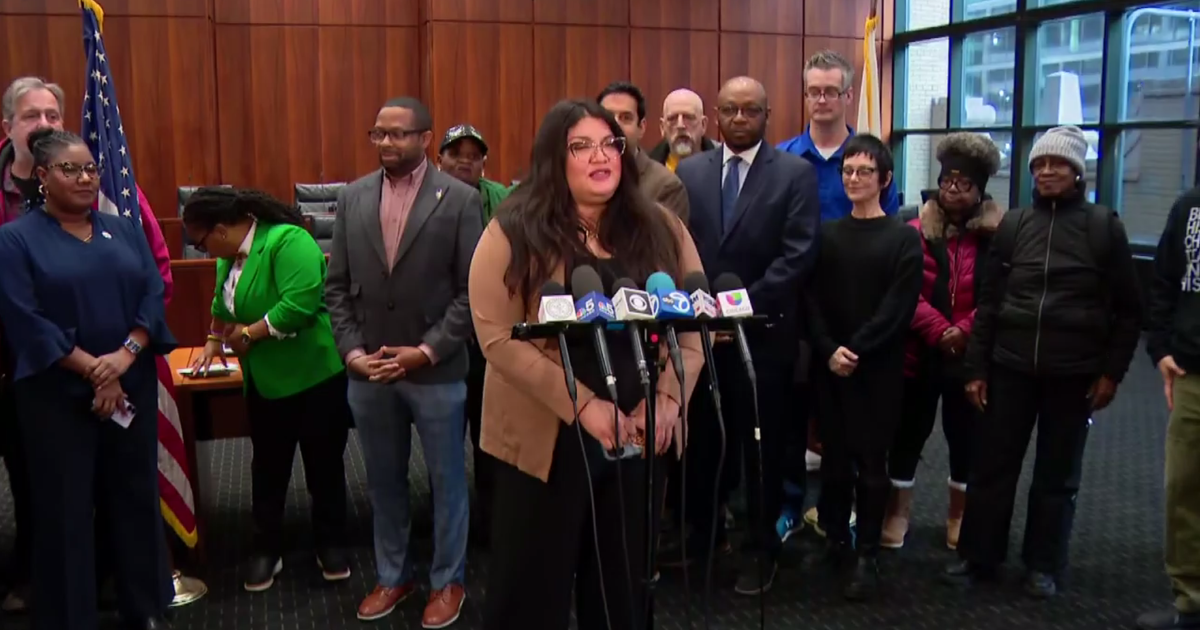Legislators Demand Changes To 'Stand Your Ground' Law
FORT LAUDERDALE (CBS4) -- Dozens of local legislators, law enforcement and community leaders came together in Ft. Lauderdale to demand changes to Florida's 'Stand Your Ground' law.
"To push the legislature to at least discuss 'Stand Your Ground' and self-defense," said Senate Democratic Leader Chris Smith who is re-filing his legislation amending 'Stand Your Ground'. It was not heard during this year's legislative session. "It's so subjective, if you think someone's going to attack you, if you think you're in harm's way, that it gives you the ability to shoot your way out."
The group came together to channel their concerns about the verdict in the George Zimmerman trial into a campaign to amend or repeal the contentious law. They are calling on the public to send a message through a massive email and twitter campaign, using the hashtag #HearTheBills.
"Let's look at the color of the person who is standing their ground," said State Representative Gwyndolen Clarke-Reed. "If it's a black person standing their ground it is treated differently than if it is a white person."
"Putting in a statute that you do not have duty to retreat is a mistake," said Broward County State Attorney Mike Sachs. "I think life is precious and before you use deadly force you should do everything in your power not to do that and retreat."
Students also stepped up, and stood-in at Governor Rick Scott's office in Tallahassee for the third day in a row.
"Everything starts with the youth," said Kirsten Dudley, a student at Dillard High School. "Innocent lives are being lost every day. Trayvon was a wakeup call and we need to do something about it now. We want them to hear the bills, we want Governor Scott to come out and say something."
On Thursday, Governor Scott said that soon after Trayvon Martin's death, he convened a bipartisan task force to review the law.
"They concluded we did not need to make a change to the law and I agree with their conclusion," said Governor Scott.
George Zimmerman did not invoke 'Stand Your Ground' as a defense during his trial, but language from the law was included in jury instructions during verdict deliberations.


